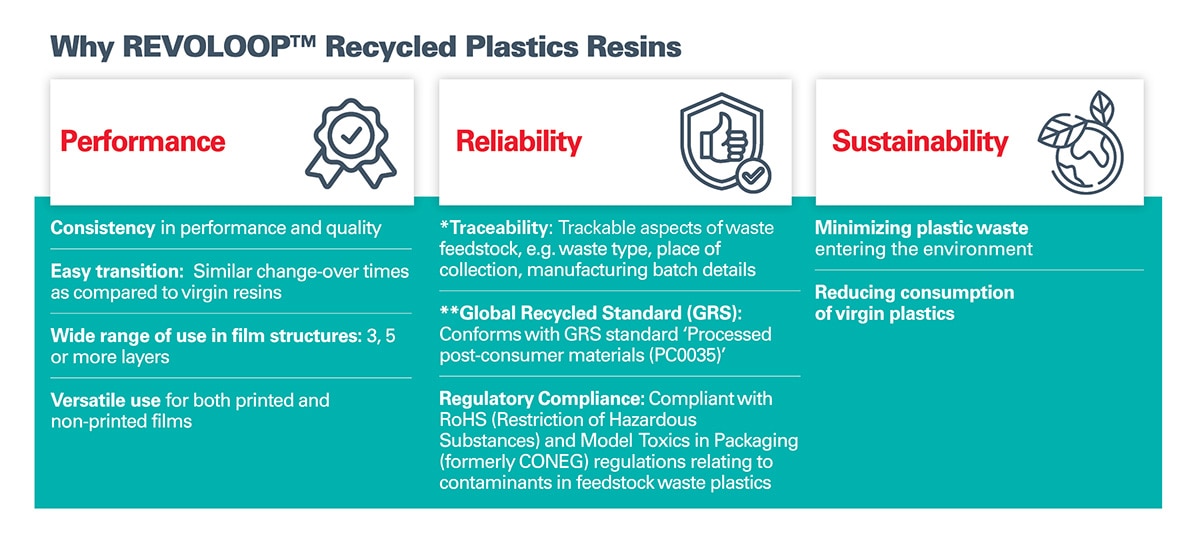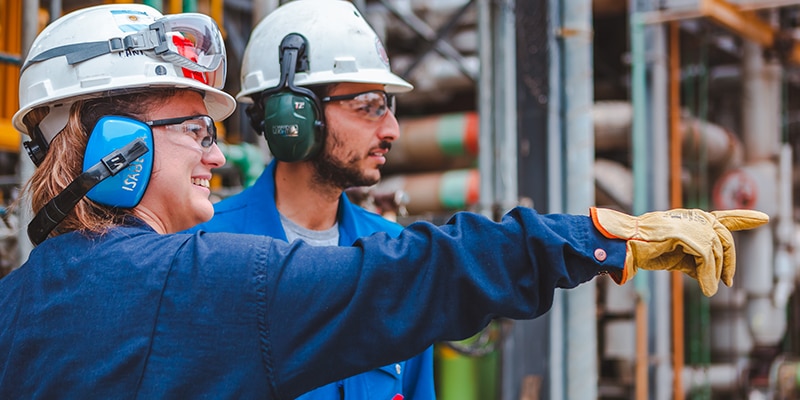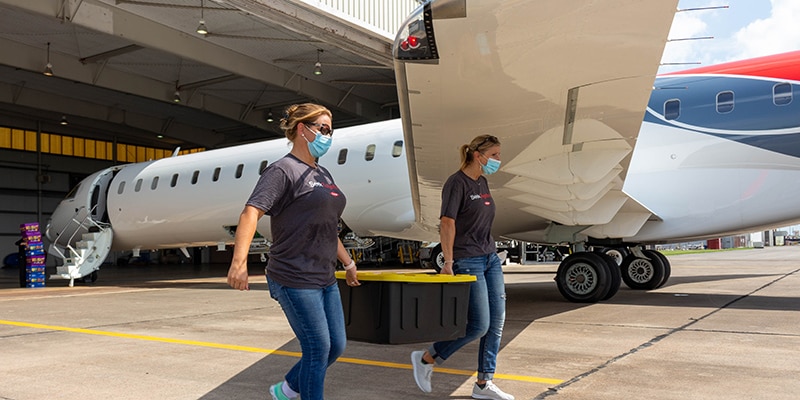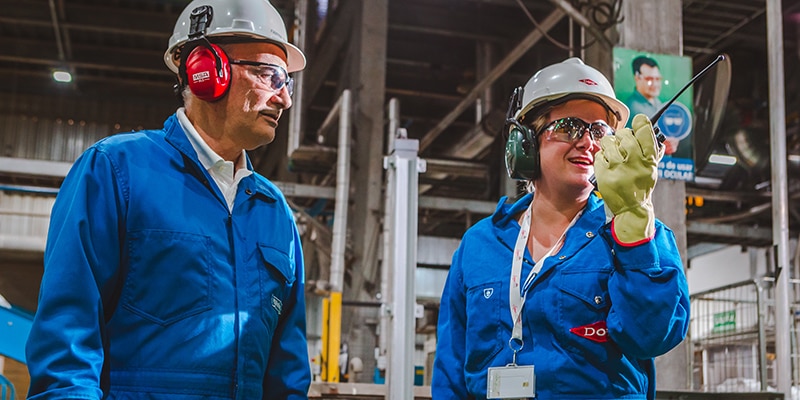Collaborating to design for circularity in glove packaging
Dow and Ecoplast jointly achieve a balance of performance and sustainability
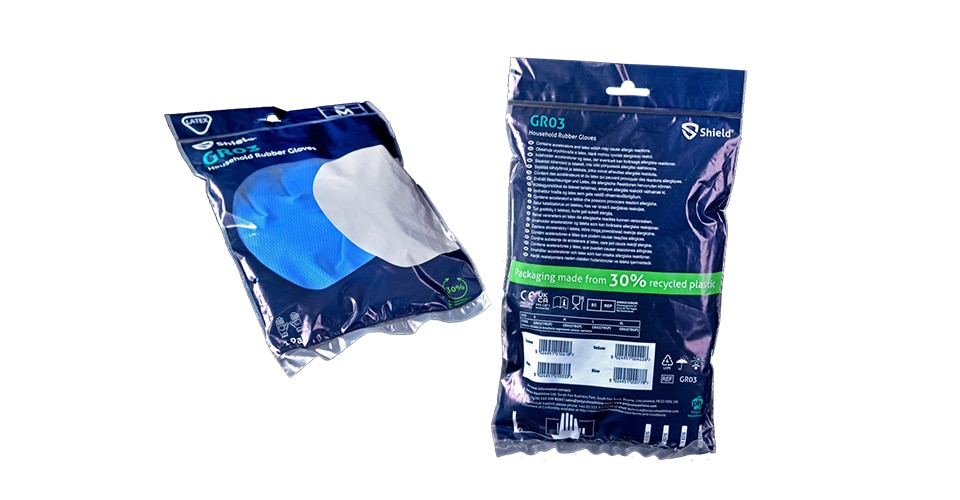
This project is a testament to the evolution of finding the balance between performance and sustainability, offering a compelling example of circularity in packaging within the global plastic industry.
One of the critical components to accelerating a circular economy is to transform plastic waste to become a raw material for new products. Waste collection systems and regulations are very different around the world, which means a collaborative and local approach is essential. The incorporation of post-consumer recycled materials is evolving, driven by regulations, consumer demand, and enabled by innovation in materials science.
The plastic industry in India, for example, stands among the world's largest and most sophisticated, with over 30,000 processing units and around 2,000 exporters. Remarkably, 85 to 90% of these units are Small and Medium Enterprises (SMEs). Some of these companies produce high quality materials which are then exported. To provide some perspective on the dimensions of these operations: India's plastic industry is set to reach exports of up to USD 25 billion by 2025, with top destinations including the U.S., China and the European Union.
Ecoplast, a leading supplier of lamination and surface protection films in India, plays an important role in shaping the sector's landscape. Serving a range of applications in the construction and packaging industries, Ecoplast's solutions are used by companies like Lanka Plastic, a prominent provider of cleaning and industrial glove packaging situated in Sri Lanka and serving as a major exporter to the UK.
THE CHALLENGE
Glove packaging in the era of growing eco-conscious consumerism
As the demand for sustainable practices intensifies, traditional single-use packaging to protect cleaning and industrial gloves has become an area of environmental concern. Consumer preferences are shifting towards more sustainable products, where incorporating recycled content into packaging is one of the solutions. This is not a straightforward exercise; balancing the incorporation of recycled plastic resins into glove packaging poses a challenge of maintaining low odor and aesthetic appeal as well as meeting stringent export market requirements for post-consumer recycled content in the final packaging product
In response to the UK Plastic Tax on manufacturers or importers, Lanka Plastic sought a solution with sustainable benefits. However, Ecoplast, their film supplier, faced technical hurdles with various PCR resin suppliers, necessitating a strategic partnership and innovative approach to overcome these challenges.
SOLUTION
Collaboration sets new standards in performance of glove packaging designed for circularity
Together, Dow and Ecoplast Ltd accepted the challenge to create glove packaging designed for circularity. Our innovative solution came in the form of REVOLOOP™ Recycled Plastic Resins. The specific recycled resin not only addressed challenges related to reduced odor, consistent color – among additional benefits in the production stage – but it also became a catalyst for successful commercialization in glove packaging for export markets.
Derived from locally-sourced flexible packaging waste films in India, the selected product grade incorporated 60% post-consumer recycled material. Our experts helped optimize film structure design and processing conditions, ensuring that the final product would meet all technical requirements. Ecoplast, leveraging its extensive knowledge and experience in polymer processing, played a pivotal role in achieving the desired mechanical and optical properties.
As a result of bringing together diverse skillsets and know-how, Lanka Plastic successfully delivered glove packaging that surpassed export market requirements, incorporating 30% post-consumer recycled plastics content in the end product without compromising functionality or aesthetics.
This project is a testament to the evolution of finding the balance between performance and sustainability, offering a compelling example of circularity in packaging within the global plastic industry.
